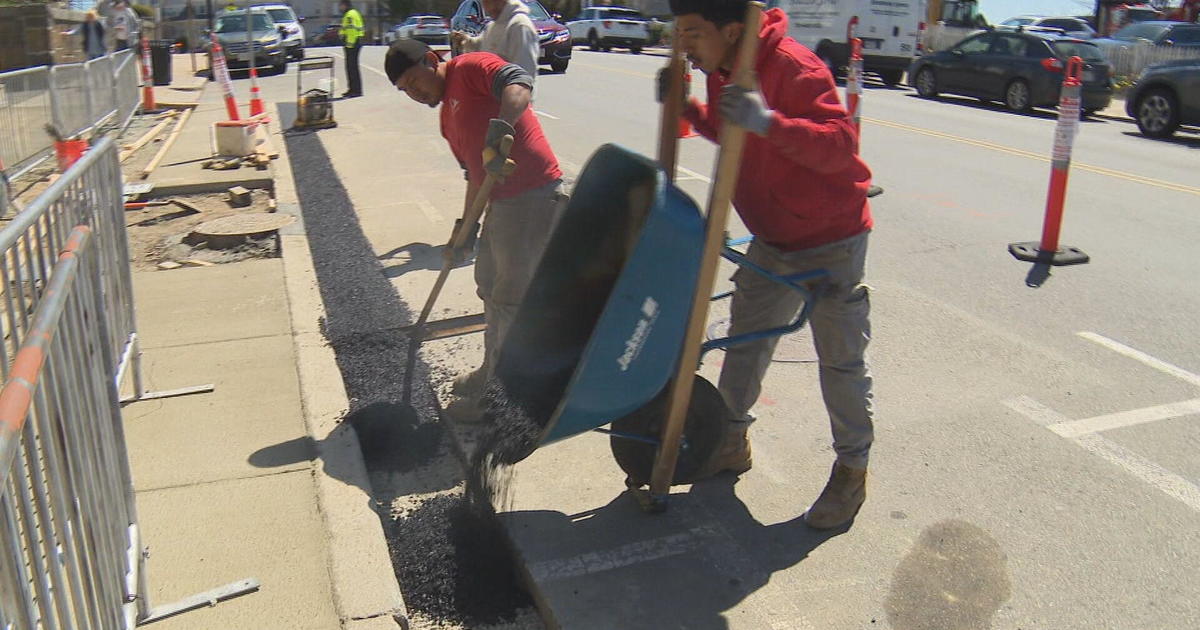Why Run When You Can Walk?
By Beth Israel Deaconess Medical Center
You're out enjoying a nice, brisk walk. Your heart is pumping. Your muscles are feeling good. Then, you see people running past you. They are faster, their workout seems better. And you think: should I be running, too? But before you break into a run, here's some interesting news.
A new study published in the American Heart Association (AHA) journal Arteriosclerosis, Thrombosis and Vascular Biology found that walkers lowered their risk of high blood pressure, high cholesterol and diabetes just as much as runners.
Walking and running involve the same muscle groups and the same motions - though at different intensities - which could be the reason both forms of exercise improve health. So, if you are a walker and you expend the same amount of energy as a runner, you have pretty much the same benefits. The more one walks or runs, the greater their health benefits.
This is great news because not everyone is a runner but almost everyone walks. Walking is easy to start and easy to stick to. You can walk at any age. You can walk when pregnant. You can walk without hurting your knees. You can walk with your dog. And best of all, you can walk if you hate to go to the gym and lift weights and work out on the tired old treadmills.
"At the CardioVascular Institute at Beth Israel Deaconess Medical Center, cardiologists routinely advise patients to walk for heart health," says Joseph P. Kannam, MD, a CVI cardiologist in Boston and chief of cardiology at Beth Israel Deaconess Hospital-Needham.
"This is because studies have shown that walking has the highest stick-to-it rate of any form of fitness, while conferring similar cardiovascular benefits. Exercise is like the lottery - you can't win if you don't play."
What are the benefits of walking?
- More than 250 minutes per week can provide clinically significant weight loss or can prevent you from regaining any weight you might have lost.
- Walking for 30 minutes most days of the week can help reduce the risk of coronary heart disease, improve blood pressure and blood sugar levels.
- Walking can lift your mood. For some people, especially those who are really committed to daily exercise, it's almost equivalent to taking an antidepressant.
- Walking is not only good for your heart and your mood, it's also good for your brain. There's more and more evidence that exercise staves off memory loss.
Want to start walking? Here's how you can get started.
Walk with a friend. You'll keep each other motivated. And join The Walking Club at BIDMC. Simply sign up and we'll send you a welcome brochure with a membership wrist band. That's not all, as a member of The Walking Club, there are a lot of resources for you.
- FREE Pedometer App. We all know that walking 10,000 steps a day is recommended. So count your steps. Because every step counts. Whether you are going to get your morning coffee or walking the dog. You can download the App on your iPhone or Android.
- Walking Prescription Pad. Answer these questions and this tool will give you a general idea of how much you should walk for better health based on your age, fitness, etc.
- A walking path. And if you are wondering where to walk, we will even help you find a walking path near you. The American Heart Association (AHA) created this helpful page for you. New paths are constantly being added.
- Music to keep you moving. If you have some favorite tunes to get you moving, then you will love Walking Around Boston. Just download and walk.
- Join the Boston Heart Walk. Each year, over 10,000 people gather at the Hatch Shell on the Charles River Esplanade to for a Heart Walk. This year the walk is on Saturday, September 6th. This is a free event but you can also fund raise. You can form a team with your family, friends and colleagues and join the walk.
Now that we know that walking is just as good as running for your health, here are a few more things to know.
You can start walking even if you have previously been sedentary- just check with your doctor. Even a moderate paced walk for about 3 hours a week (just about 30 minutes a day) is known to improve health risks. Before you start walking, or even if you have been walking for a while, check your shoes. Pick a pair of well-fitting shoes that give you arch support and cushioning.
So, now that you have all the tools and the tips, lace up your sneakers and take a walk.
Above content provided by Beth Israel Deaconess Medical Center. For advice about your medical care, consult your doctor.
Posted May 2014




